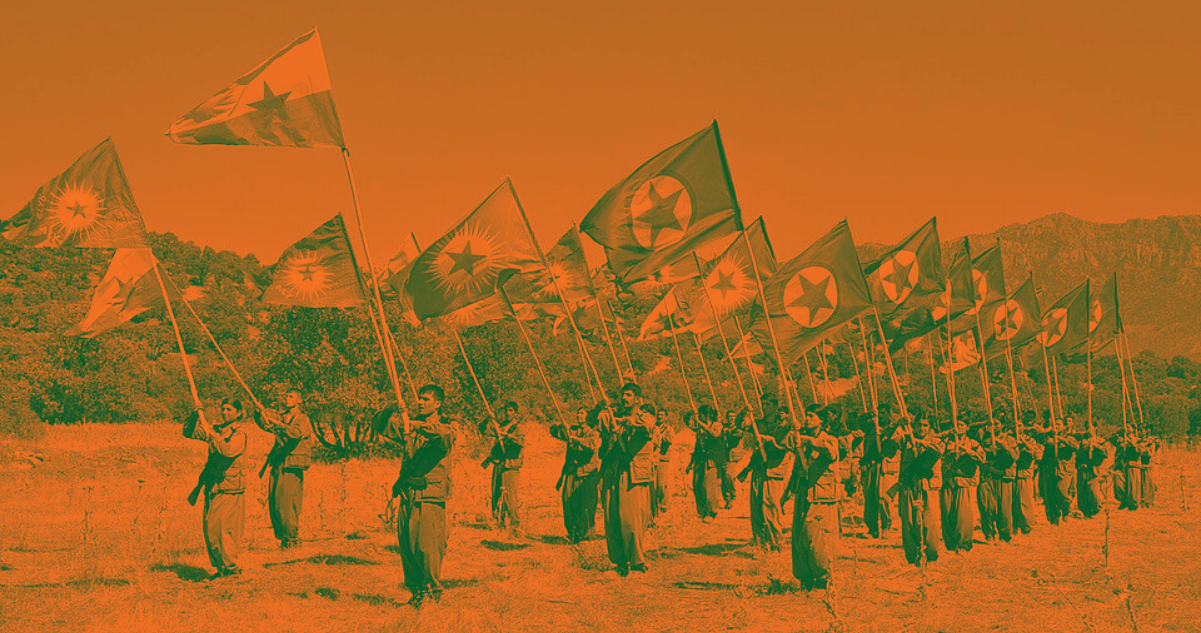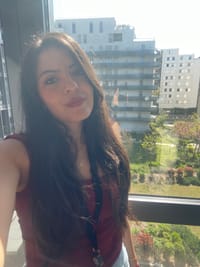Whether one supports or criticizes the PKK, one must recognize that this is not the first time the movement has reached out. In 2013 and at Öcalan’s initiative a ceasefire was declared. PKK fighters began withdrawing from Turkey in hopes of a peace process. But by 2015, dialogue had fallen apart. Clashes resumed, Kurdish cities were devastated, and thousands of activists—often identified during that period of openness—were arrested.
Was it a strategy by the state to locate and neutralize revolutionary militants while capturing the Kurdish electorate, crucial in certain regions? The question should be posed. This time, the PKK’s message is clear, radical, and urgent: armed struggle is over; now is the time for a political strategy. A risky but calculated move, in response to a profound popular aspiration. Lest we forget: the Kurds, a people of more than 40 million, remain the largest nation in the world without a state.
Faced with this major announcement, the government’s silence is striking. Not a word from Recep Tayyip Erdoğan. No gesture of openness. Worse: bombings of PKK positions in northern Iraq continue, as do the arrests of Kurdish activists and political figures in Turkey.
The pro-Kurdish party DEM (formerly HDP) has nonetheless made a clear demand: the implementation of “confidence-building measures” before early June. These include: the release of political prisoners (estimated at over 10,000), among them former HDP co-chair Selahattin Demirtaş and philanthropist Osman Kavala, sentenced to life in prison; the release of sick detainees; and improving the detention conditions of Öcalan, who has been held in total isolation for years.
No response, no progress. The government’s silence speaks volumes: the state does not appear to seek peace, but domination. The PKK was born out of historical oppression: a banned language, a denied identity, systematic and brutal repression. To be clear: dissolving the PKK does not erase that history. And as long as Turkey refuses to recognize the Kurds’ fundamental rights, there will be no true peace. Dissolution does not mean the end of the struggle. The struggle itself will continue—in other forms—so long as justice, equality, and recognition remain absent.
The impact of this announcement goes beyond Turkish borders. In Syria, the Kurdish forces of Rojava (YPG/PYD), ideologically close to the PKK, are closely following these developments. Their model of democratic self-administration, based on the democratic confederalism cherished by Öcalan, is a unique political experiment: feminist and egalitarian. Rojava is a symbol of resistance and hope not only for the Kurds but for many progressive movements around the world.
We cannot ignore the critical role of the Kurds of Rojava in the fight against Daesh, notably carried out by women’s combat units, the YPJ. Yet this region remains under constant threat: Turkey categorically rejects the idea of a Kurdish state on its border and continues military operations there. The Kurds of Syria are also caught between the interests of Damascus, Ankara, and the United States. The timing raises questions: is it not troubling that this revived dialogue coincides with Donald Trump’s renewed presence in American political life?
In Iraq, the situation is just as complex. Relations between the various Kurdish factions (notably the KDP and the PUK) remain fraught, often dominated by clan and political rivalries rather than a unified national strategy. Although divided among four countries—Turkey, Iraq, Iran, and Syria—the Kurds remain a united people in their pursuit of recognition. Despite imposed divisions, despite betrayals and repression, they continue to speak their language, to write, to vote, to resist.
The dissolution of the PKK should not be viewed as a surrender or as a victory for the Turkish state. It is a call. A call to civil society, intellectuals, democrats, and states: if the war ends, peace must have meaning. And a peace without justice, without memory, without equality, is no peace at all.
Despite 25 years in isolation, Abdullah Öcalan continues to propose a political path for the Kurds and for the region. His move is powerful. But it will bear fruit only if the Turkish state agrees to hear what the Kurds have been saying for decades: “We exist. We want to live freely. And we will not disappear. On the contrary, we will grow stronger.” To resist is to illuminate.








